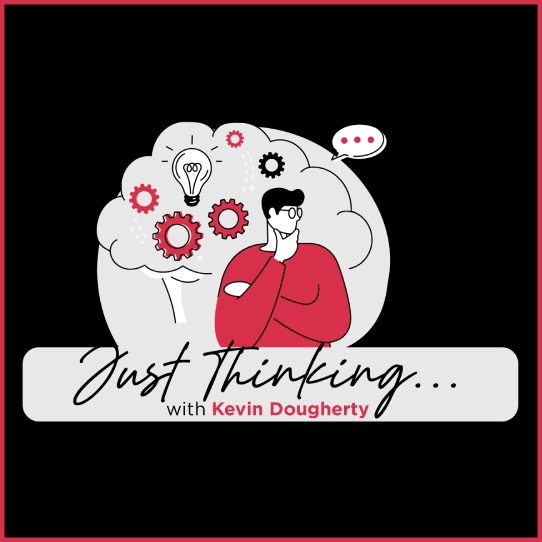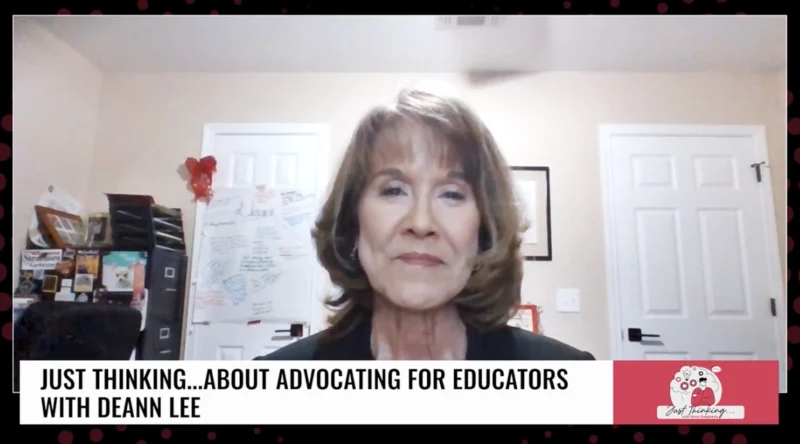Just Thinking… about Reimagining Education for the AI Era with the Human Intelligence Movement
As artificial intelligence reshapes education, work, and daily life, educators are grappling with how to prepare students for a future where human skills—not just knowledge—will be paramount. In fact, a growing number of reports highlight that employers increasingly value collaboration, communication, and emotional intelligence over memorized content. Amid this transformation, the Human Intelligence Movement is gaining traction as a grassroots call for reimagining how we teach and learn.
So, what does it really mean to equip students with “human intelligence” in an AI-driven world—and how can our schools rise to meet the moment?
In this episode of Just Thinking, host Kevin Dougherty speaks with Dr. Michelle Ament, Co-President of the Human Intelligence Movement. Together, they explore why now is the time for bold change in education—and how we move from theory to action.
Main topics of conversation…
- Outdated education models: Dr. Ament argues that schools are still stuck in a “knowledge era” mindset, preparing students for a world that no longer exists. Instead, she advocates for realigning education around application, critical thinking, and adaptability.
- Redefining assessment and success: Traditional assessments focus on knowledge acquisition, but the Human Intelligence Movement calls for measuring skills like emotional intelligence, adaptability, and collaboration—key competencies for future-ready learners.
- Learning through doing: Dr. Ament champions experiential, student-driven learning. Whether it’s student-run banks or real-world problem-solving, she shares how hands-on, relevant learning inspires deeper engagement and skill-building.
Dr. Michelle Ament, EdD, is an education leader with deep expertise in experiential learning, human-centered curriculum design, and systems-level transformation. As Chief Academic Officer at ProSolve, she pioneered a K–8 human skills curriculum and developed the Learning, Experienced (LXP) model to embed real-world problem solving and social-emotional learning into schools. In her role as Co-President of the Human Intelligence Movement, she is leading a national effort to shift education away from standardized assessments toward a future that prioritizes adaptability, critical thinking, and collaboration in an AI-driven world.
Article written by MarketScale.




